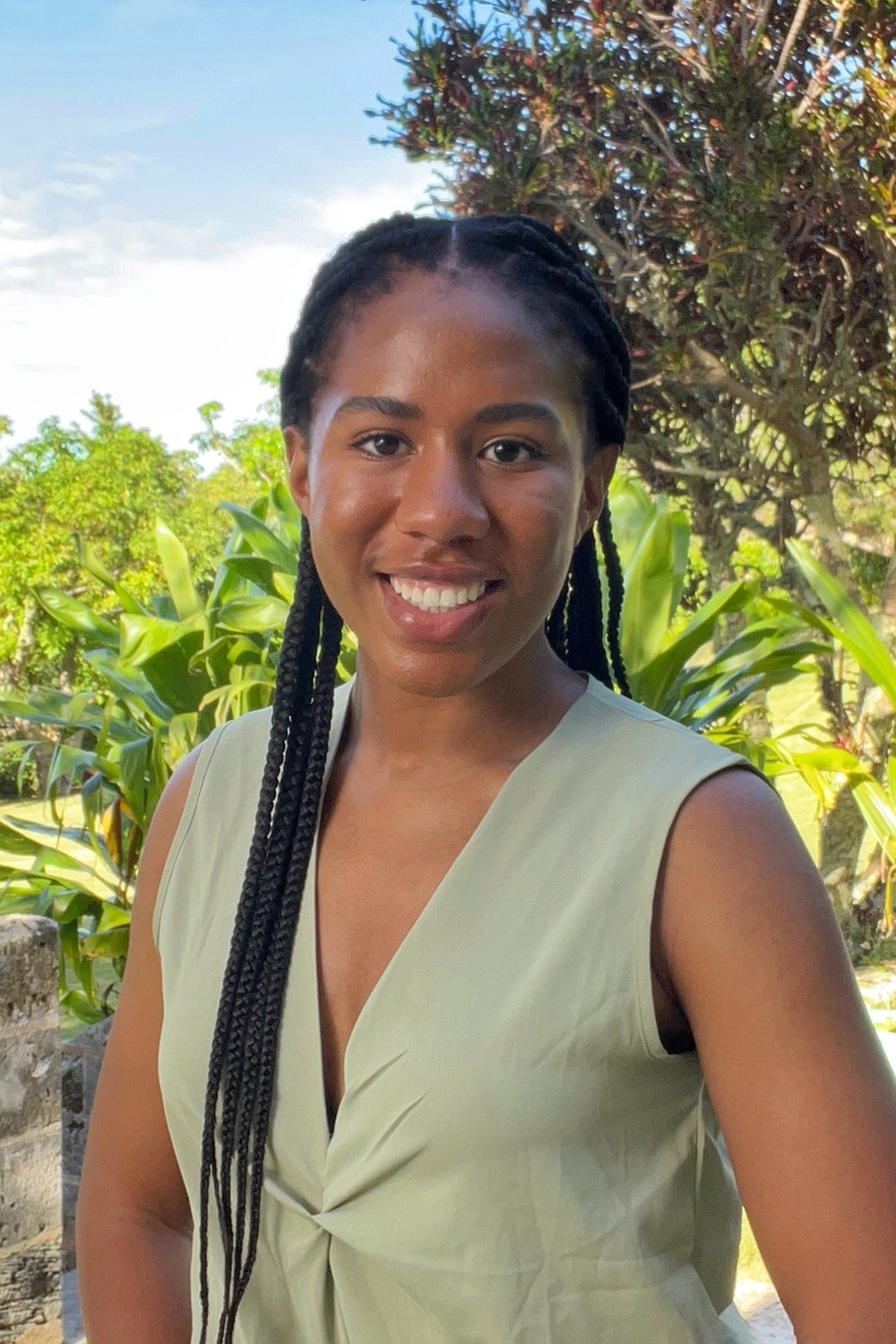While other students recuperated from midterms, Madison Quig ’23 received news that would completely alter the course of her next two years. On Thanksgiving, the Rhodes Trust emailed Quig informing her that she had been selected as a 2023 Rhodes Scholar.
“Since it was Thanksgiving Break, I was like, ‘I need to capitalize on my break,’ so I was taking a nap,” Quig said. “I woke up and saw the email and was like, ‘Am I dreaming right now? Is this real?’”
The Rhodes is one of the oldest and most prestigious scholarships in the world, granting recipients full financial support to pursue a degree or degrees at the University of Oxford. Quig will pursue a master’s degree in social data science starting next fall.
Quig is a recipient for her home country of Bermuda. The Rhodes Trust allocates one scholarship to Bermuda per year. The Rhodes Trust sponsors about 100 scholarships in total, with 32 scholarships allocated for the United States and the rest selected from countries around the world. (No Stanford students were selected from the United States applicant pool of 840 students.)
Quig has made extensive efforts to immerse herself in medical and healthcare related extracurriculars at Stanford.
She currently serves as a committee member of Cardinal Free Clinics, which provides care for underserved patient populations, and is also a member of the policy team of Perfusion, a student-led group that provides CPR and basic life-saving skills education to schools and communities.
She has conducted research with Stanford Medicine at the Stuart B. Goodman Lab in the Department of Orthopaedic Surgery and the Incubator for Medical Mixed and Extended Reality.
Outside of Stanford, she has volunteered her time to combat the COVID-19 pandemic, administering testing through Helix Laboratory Solutions in Bermuda and serving as a volunteer case investigator and contact tracer for the Santa Clara County Department of Public Health.
Quig is also the president of the women’s rugby team. Assistant Coach Richard Ashfield attested to her work ethic, having witnessed her growth both on and off the field since freshman year.
“She encapsulates hard work. You see the people scoring the goals or the touchdowns, but you don’t always notice all the little things that make it happen. That’s ‘Quigey’ in a nutshell,” Ashfield said, using a nickname for Quig.
Quig said she was inspired to apply for the scholarship by her grandfather, who encouraged her to pursue the opportunity throughout her childhood. After associate medicine professor Peter Kao, who mentored Quig and for whom she served as a teaching assistant for his human physiology course, expressed similar sentiments that the opportunity could be a good learning experience for her, she decided to submit an application.
Quig’s experiences at Stanford, where she is currently finishing up her degree in biomedical computation and minor in sociology, have translated to her passion for global health inequities and health systems.
“Just being in that major and seeing the possible applications for technology in medicine and technology for social justice piqued my interest,” she said. “It made me want to pursue a master’s and gain more knowledge in the field of social justice and computation.”
For the Bermuda native, moving away from home isn’t something foreign. However, she said, “It hasn’t fully settled in that I’m going to be in Europe next year.”
During her time at Oxford, Quig said she is most excited to interact with the fellow Rhodes scholars to gain a deeper understanding of the broader world around her, specifically in medicine. After completing her master’s, she hopes to go to medical school in the U.S. or Canada.
“People at Stanford are constantly striving to achieve and striving to change the world and make their mark. I think that just seeped in. I want to push myself to do my best and be able to give back to the community in the best way that I can,” Quig said.
